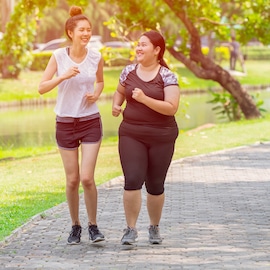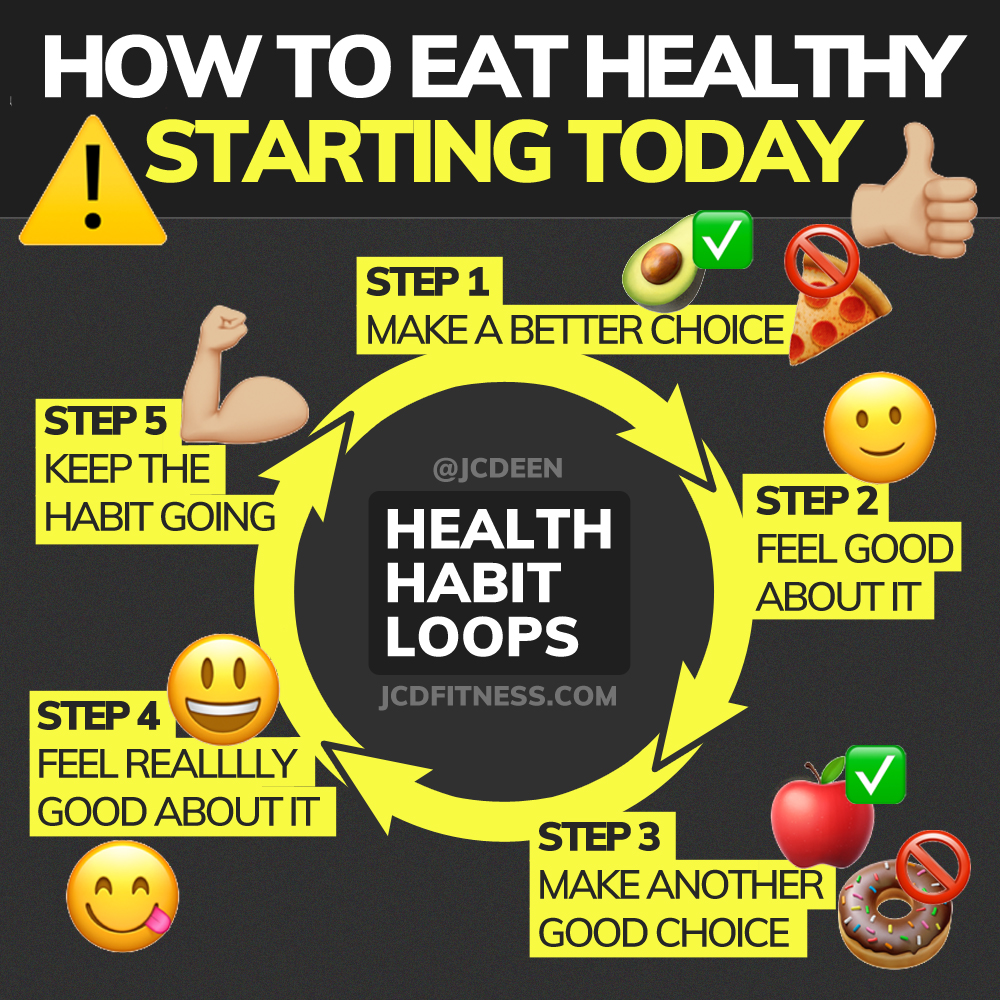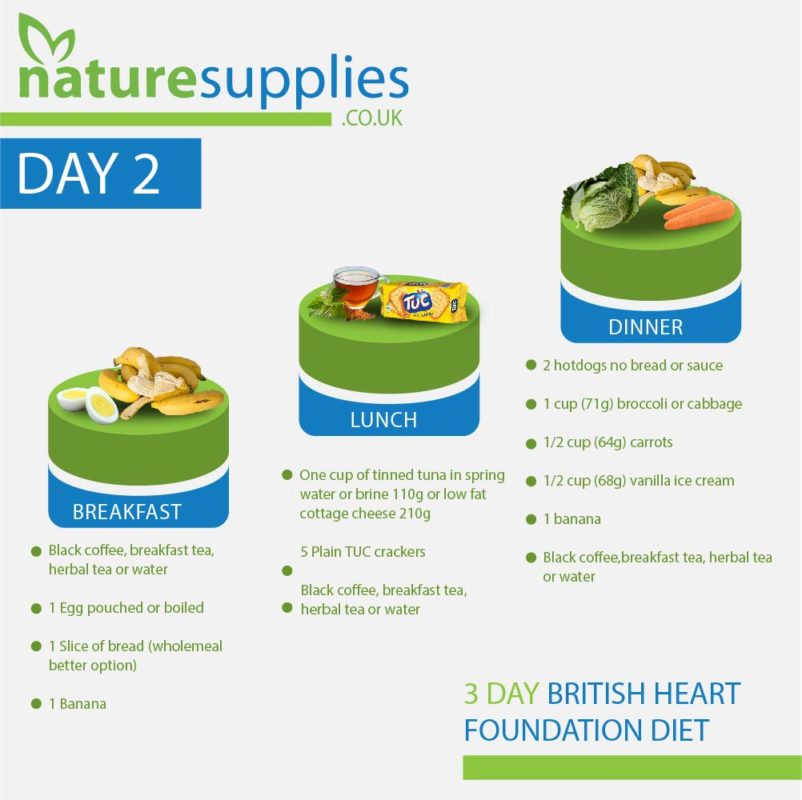
There are numerous ways to lose weight, but the most effective are diet and exercise. We will be discussing calorie restriction as well as resistance training in this article. Combining both is a great way of losing weight. A balanced diet should be followed along with regular physical activity to achieve the best results. You can use the following information to determine which method works best for you. We hope this article is enjoyable. Before you start any exercise program, consult your doctor.
Cardiovascular exercises
Cardiovascular exercises are a great way to lose body fat and get into the best shape of you life. You can choose from a range of cardio exercises that use fat to provide energy. However, you will also get carbohydrates and protein in smaller amounts. The result is that you will burn more calories per day than you consume. This is why diets are not the most healthful and efficient way to lose weight. Cardiovascular exercises increase heart rate and fat burning.

Resistance training
Research shows that people who combine resistance training and a healthy diet are more likely to lose weight than those who only do cardio. Resistance training increases metabolism, so you will burn more calories if you do more exercise. Strengthening your muscles through resistance training can increase your body's ability, even at rest, to burn calories. Resistance training not only helps you lose weight fast but it also has many other benefits.
Diet plus calorie restriction
Studies have shown that weight loss can be achieved by combining calorie restriction and time restrictions. Because of this, time-restricted diets may be less effective that those that only limit calorie intake. In fact, a study by Huijie Zhang, PhD and professor at the Southern Medical University in China, found that the two together do not promote more weight loss. They did however lead to a lower fat mass.
Do not exercise alone
Many people believe that only exercise can help with weight loss. While this is partially true, exercise alone can make it more likely that you gain weight. Exercise can also increase your appetite, which may lead to more calories being consumed. In addition, exercise burns only a small percentage of your daily calories, so you may continue burning calories even after you finish your workout. To determine the most effective strategy, you need to keep an eye on both sides.

Make sure you avoid these common mistakes
Maintaining a healthy lifestyle requires dedication, discipline, and consistency. Unfortunately, many people struggle to find the time to make these changes. It is possible to live healthier lives if you have the right approach. These tips will help you reach your weight loss goals. Here are some common mistakes that you can avoid when exercising or eating for weight loss. These are the most common mistakes people make in losing weight.
FAQ
Can I eat the fruits of my intermittent fasting diet?
Fruits are great for you. They are rich sources of vitamins, minerals. Fiber, antioxidants, as well other nutrients. However, they do contain sugar which can cause blood glucose levels spike. This can lead to insulin resistance and weight gain. If you are looking to lose weight through an IF diet you need to choose low glycemic-index fruits such as oranges, pears, berries and melons.
What level of exercise is required to lose weight?
There are many factors that influence the amount of exercise required to lose weight. These include your gender, age, body type and how heavy you are. Most people need to exercise at least 30 minutes five days a weeks.
The American College of Sports Medicine recommends that you do 150 minutes of moderate intensity aerobic activity per week. This should be spread over three days.
If you are trying to lose 10 pounds, 300 minutes of moderate intensity exercise per week is a good goal. This includes activities such brisk walking and swimming laps, bicycling, dancing, playing tennis or golfing, hiking, running, jogging and other similar activities.
Start out with 20 minutes of vigorous physical activity three times weekly if you're just getting started. It could be sprinting, lifting weights, jumping rope or fast walking.
Aerobic exercise can also help you burn calories and increase muscle mass. Muscles can burn more calories that fat. So building muscle while losing weight may help you achieve your goal faster.
Can cardio exercises help me lose weight quickly?
Cardio exercises can be great for burning calories but not necessarily helping you lose weight. It all depends on how much weight you have and what type of exercise you do.
Cardio exercises may not be sufficient to lose weight if you are overweight.
It is important to combine them with exercise and diet.
For example, running or jogging are great cardio exercises to help you lose weight quickly. These types of exercises burn more calories per hour than any other exercise.
You must train resistance if your goal is to gain muscle instead of losing weight. Resistance training is done with no cost weights, machines, elastic bands, or other equipment.
You can lose weight quickly by combining cardio and resistance training.
You need to combine cardio and resistance training in order to lose weight quickly.
What length of Intermittent Fasting should I be doing to lose weight?
It's not as easy to answer as you might think. When determining the number of days you should fast for optimal fat reduction, there are many factors to consider. These factors include:
-
Your age. Your age. Intermittent fasting is more difficult for younger people under 40. You have less time to recover each day from fasting. On the other hand, if you're older (over 60), you may find that you don't have enough energy to sustain an extended period of daily fasting.
-
Your current body composition. You'll be most successful if you have lots of muscle mass. If you don't have a lot of muscle mass, shorter fasting periods may be more suitable.
-
How physically active. To ensure adequate rest between workouts, you might need to extend your fasting period if you exercise frequently.
-
Your health history. Patients with certain medical conditions, such as heart disease, diabetes, or cancer, may need additional fasting monitoring.
-
How do you handle stress? Stress can often lead to us eating more. You might need to lengthen your fasting windows in order not to have this problem.
-
It is the type of diet you are following. Certain diets, like ketogenic diets, may require even longer fasting periods.
-
Your sleep quality. A decreased quality of sleep can also be linked to decreased appetite and metabolism. You may need to experiment before you discover what works for you.
-
The amount you eat of protein. Protein stabilizes blood sugar levels. Therefore, eating more protein could result in lower insulin levels. This would allow you to fast for longer periods of time.
-
It doesn't matter if you want to gain or lose fat, those who are trying for weight gain will often require longer fasting periods.
-
How many calories do you consume in your fasting windows? Fasting for fewer calories per days may lead to greater fat loss than fasting with more calories.
-
Your fitness level. Fasters who are very fit tend to have higher metabolic rates, which allows them to burn more calories throughout the day.
-
Your gender. Men are more hungry than women so they may have to fast for longer periods. Women are more likely to have smaller appetites and may need to fast only 20-30 minutes every day.
-
Your lifestyle. Are you someone who is active? Are you able to exercise several times per week? Do you have a job that requires you to sit at a desk all the time? All of these things can affect the amount of time you should fast.
-
How much money do your spend on food every day? It doesn't always mean that you should spend a lot of money on groceries if you eat healthy foods. Whole grains can be replaced by white bread, fruits can replace candy bars, and lean cuts of meat can be used to save money.
-
You need to be able to control your hunger. You may not have to fast as often if it is important to eat regularly.
What can I eat in the morning while intermittently fasting
It is a good idea to drink water early in the day. You feel fuller faster and have more energy throughout the day. To add some flavor, you can add lemon juice to the mix or cucumber slices.
What is the best activity for busy people?
You can stay fit by exercising at home. It doesn't take much to get fit. It is possible to perform basic exercises at home with minimal equipment.
You just need to have a pair of dumbbells, a mat, a chair, and a timer.
It is important to be consistent in your exercise routine. You could lose motivation if your workouts are not consistent for more than a few consecutive days.
A great way to start off would be to try lifting weights three times per week. These could include push-ups/pull-ups/squats, push-ups/pull-ups or dips/curls.
Once you've mastered the basics, you can start to move on to other types of exercise such as running or jumping rope, skiing, yoga, Pilates and dancing.
Make sure you choose the right exercise program for your needs. You might avoid exercising if your work hours are long.
If you are a night owl you should exercise during the evening instead of in the early morning.
Listen to your body, and don't stop when you feel tired.
What should you eat while intermittent fasting?
Cut out carbs to lose weight. This means that you should cut out carbohydrate-based foods like bread, pasta and rice.
Protein will also keep you fuller for longer so try to limit how much you eat. You won't feel as hungry.
Instead, choose foods rich in healthy fats. These foods are satisfying and will keep your hunger at bay for hours.
It's vital that you get enough water. Water is important for your body's ability to stay hydrated and helps you burn more fat.
This could be because you find you really crave these foods when fasting. You don't have to cave to your cravings. If you do this, you might gain more weight that you have lost.
Try to limit how many calories you eat each day. This will help prevent you from overeating. Instead of reaching for another snack, sip a glass of water when you feel hungry.
This may seem counterintuitive. However, it's been shown to help you slim down. A study published online in Obesity revealed that people drank more plain water than they did sugary drinks.
Additionally, plain water can help reduce hunger pangs. Drinking water is the best way to lose weight if you don't want sweetened beverages.
You don't have to eat every calorie or avoid certain foods if you are trying to lose weight. Instead, focus on making small changes to your lifestyle.
You can swap your breakfast sandwich for an oatmeal bowl. Consider swapping out your afternoon cookie in favor of a piece if fruit.
These simple swaps can add up over time to help you shed excess weight without spending hours in your kitchen.
Statistics
- According to Harvard Health, it's estimated that a 155-pound (70-kg) person burns around 167 calories per 30 minutes of walking at a moderate pace of 4 mph (6.4 km/h) (5). (healthline.com)
- Among women, the increase in metabolic rate was nearly 4%, or 50 more calories per day (14Trusted Source (healthline.com)
- Another study found that 24 weeks of weight training led to a 9% increase in metabolic rate among men, which equated to burning approximately 140 more calories per day. (healthline.com)
- One study in 9 active men found that HIIT burned 25–30% more calories per minute than other types of exercises, including weight training, cycling, and running on a treadmill (18Trusted Source (healthline.com)
External Links
How To
How to quickly lose belly weight?
You should know that losing bellyfat is difficult. It takes dedication and hard work. But if you follow these tips, you will definitely see results.
-
Healthy Food Healthy food is important. Make sure you eat whole foods, fruits, vegetables.
-
Drink Water. Drinking water will keep you hydrated and make it easier to feel satisfied for longer durations. So drink plenty of water every day.
-
Cardio exercises. Cardio exercises will help you burn calories and build muscle. They also boost your metabolism and improve your heart condition. Cardio exercise should be done for 30 minutes each day.
-
Get enough sleep. A vital part of maintaining good health is sleep. Lack of sleep causes stress and anxiety, which leads to unhealthy habits like overeating and smoking.
-
Reduce stress levels. Stress can affect our brain chemistry. Cortisol is a hormone our bodies make when we feel stressed. It increases hunger pangs.
-
Take Regular Breaks. Take regular breaks throughout each day. Get out and take a stroll or a brief nap. Doing this gives your mind and body time to relax and recover.
-
Avoid Alcohol Consumption. Alcohol has empty calories, and can slow down digestion. You should avoid alcohol if your goal is to lose belly fat.
-
Have Fun!